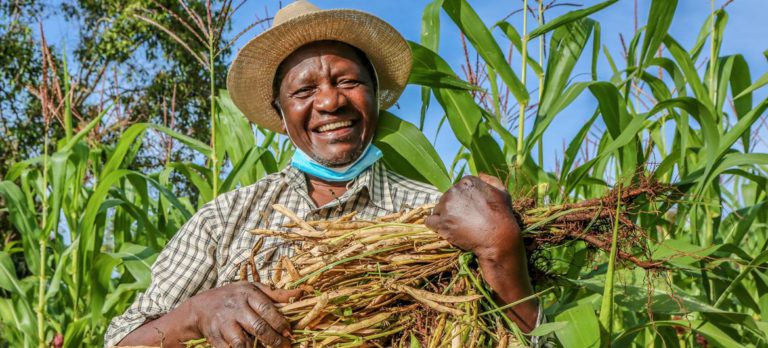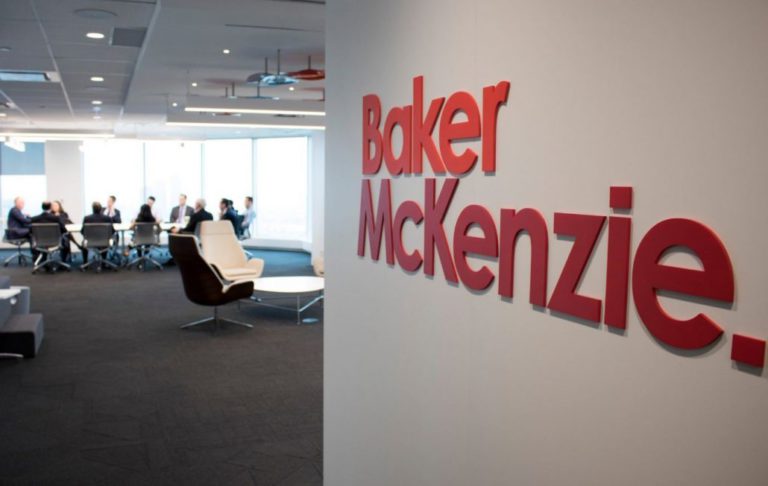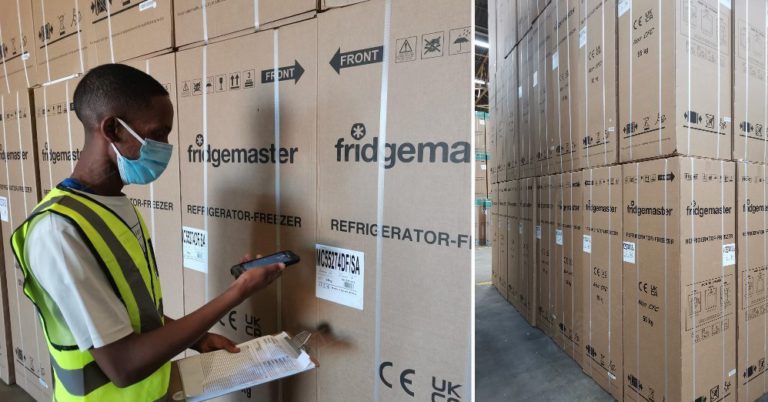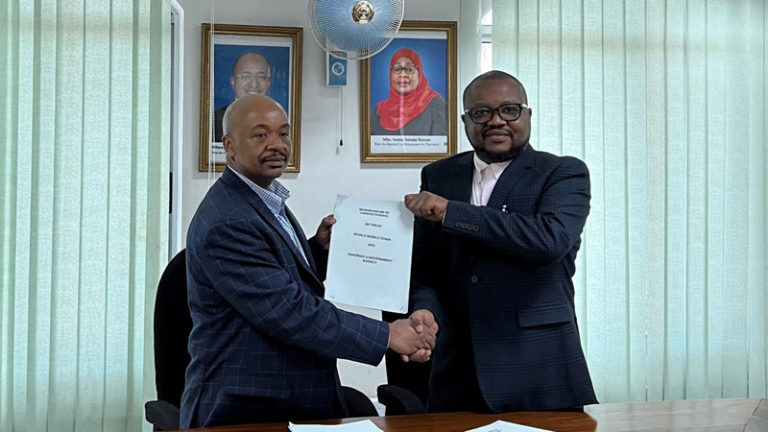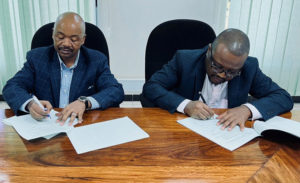On 25 May 1963, the Organization for African Unity was established in Addis Ababa, Ethiopia to promote unity, solidarity, collaboration and development amongst African member states. To celebrate this important day, Baker McKenzie partners and its African Relationship Firm colleagues share some of their thoughts on the many opportunities that the continent offers.
- “There are considerable opportunities across the continent, but not without responsibility. As well as being bankable and yielding attractive returns, it is becoming increasingly imperative that investment should be sustainable and also provide ancillary benefits to local economies. Simply put, it should be net positive for the region.” – Michael Foundethakis, Chair of the African Steering Committee.
2. “Recent developments across the African continent show that the idea of ‘Africa Rising’ remains true and alive. With trade liberalization through the Africa Continental Free Trade Area Agreement (AfCFTA), a fast growing population and increased technology penetration, the opportunities in Africa’s key markets continue to expand. What many see as challenges in Africa, are in a manner of speaking, Africa’s greatest strength for investments and growth.” – Ijeoma Uju, Partner, Templars, Nigeria.
3.”The AfCFTA agreement is gathering momentum and rapidly improving intra-African trade across the continent, thereby providing exciting opportunities for pandemic recovery and growth. At a high level, AfCFTA is focused on stimulating growth, creating employment and diversifying economies across the African continent through the creation of a single African market for goods and services. Once the agreement’s ambitious goals are realised, it will help African member states establish new cross-border value chains, encourage foreign investment and better insulate the continent’s economies from future global shocks.” – Virusha Subban, Partner, Head of the Tax Practice.
4. “AfCFTA is leading to increased investor interest in sub-Saharan Africa as new markets open and cross-border transactions become more streamlined. China’s ongoing interest in Africa, a commitment from the European Union to strengthen partnerships with Africa, the United Kingdom’s new Economic Partnership Agreements and a renewed reciprocal trade focus from the United States, have contributed to improved investor sentiment across the region.” – Mike van Rensburg, Partner, Head of the Corporate/M&A Practice.
5. “The pandemic represented the start of a new era and there has been a shift in priorities and strategy for allocation of funds through this lens. There are more investments in the healthcare industry, as well as, energy, mining and infrastructure. Considering other factors, the AfCFTA agreement requires the development of transportation and logistics infrastructure focused projects to cater for a connected Africa and enable the acceleration of on-ground execution of intra-African trade.” – Lamyaa Gadelhak, Partner and co-head of the Banking & Projects Practice Group at Helmy, Hamza & Partners, Baker McKenzie’s Cairo office.
6.”Post-pandemic, new solutions are being implemented to address Africa’s power challenges. Such solutions have had to consider the energy transition and the utilization of renewable energy, the focus on smart power technologies, the role of green hydrogen and ammonia, and the global drive towards a decentralized, decarbonized, affordable and secure energy supply that addresses climate change and stimulates economic growth.” – Kieran Whyte, Partner, Head of the Energy, Mining and Infrastructure Industry Group.
7. “African countries are increasingly playing a significant role in the global economy. Several industries are showing rapid growth, tapping into the significant usage of mobile telephones, a dynamic workforce, manufacturing opportunities, infrastructure growth, amongst others. With the continent continually making business environment reforms, the outlook for investing in countries like Kenya is much more exciting now than in the past.” – Sonal Sejpal, Partner, ALN Kenya.
8.”Expanding access to quality healthcare services and increasing domestic pharmaceutical manufacturing capacity is dominating Africa’s healthcare sector and investment is following in support of these objectives. COVID-19 caused as massive spike in the already increasing demand for affordable healthcare, with technology-focused models, which allow for easier access to medical advice and care, already having begun easing the constraints of the traditional delivery model across Africa, before the pandemic.” Mike van Rensburg, Head of the Healthcare and Lifesciences Practice.
9.”Organizations that rely on supply chains in Africa are looking at ways to strengthen pandemic-impacted chains. Many effective treatments aimed at boosting the health of ailing chains are being implemented, including those that rely on digitization, sustainability standards, and commitments to improving infrastructure and manufacturing capacity.” – Marc Yudaken, Partner, Head of the Industrials, Transportation and Manufacturing Industry Group.
10.”Competition authorities in Africa play an important role as champions, advocates and enforcers of competition policy across economies, and view competition policy as a key driver of economic growth. Our new Competition Report shows that 29 of the 32 surveyed African jurisdictions and regional bodies have national competition laws in place. Over the past two years, African competition regulators have actively engaged in efforts to address pandemic-related challenges, but there has also been a general upward trend in competition policy enforcement across the continent. African jurisdictions have strengthened their competition and antitrust regimes by way of amendments to existing legislation, the introduction of new laws and regulations, and renewed fervour and political will to enforce existing laws.” – Lerisha Naidu, Partner, Head of the Antitrust and Competition Practice.
11.”The pandemic drove home the high value of personal data to the global economy, while also highlighting its vulnerability to abuse and attack. In response, many governments in Africa have been reviewing their data privacy and protection laws and regulations.” – Janet Mackenzie, Partner, Head of the IPTech Practice.
12.”The growth of the digital economy across the continent has naturally been accelerated by the pandemic and this unabated demand for technology has caused extensive cross-sector disruption in Africa, with the financial, energy, transport, retail, health and agricultural sectors all seeking opportunities to expand their tech infrastructure to acquire the necessary skills and innovation needed to keep up with demand. Fintech is also a popular sector for investment across Africa and specifically in South Africa, Kenya and Nigeria, with health-tech, mobility and agritech also attracting growing interest.” – Ashlin Perumall, Partner, Corporate/M&A.
13.”Once the Internet of Things (IoT) becomes a reality, through the rollout of 5G, Africa’s transformation will be meaningfully accelerated through the ability to access the enhanced capabilities of smart cities, asset tracking, connected shopping, energy monitoring, smart homes and smart agriculture. It is, however, important to ensure that policy and legislative frameworks are in place to enable the efficient and affordable roll out of telecommunications infrastructure, as well as access to the required broadband spectrum. A further important focus for the success of 5G roll out will be the ability of consumers to access affordable data services and smart devices.”- Janet Mackenzie.
14.”Despite the global pandemic, the African Fintech ecosystem has remained on a steady rise. Increasing access to mobile devices and internet connectivity has accelerated Africa into the second fastest market for global banking and payments businesses. Mobile money and third-party payment systems have been segment leaders, with more than half of the world’s mobile money customers now based in Africa, and the continent accounting for three quarters of the world’s mobile money and peer-to-peer transactions by volume. The Fintech industry has also accounted for more than 25% of all venture capital rounds in the last few years, with regional leaders, such as Egypt, Nigeria, South Africa and Kenya, seeing the majority of funded start-ups and capital coming from various jurisdictions, including west-coast United States and China.” – Ashlin Perumall.
15.”Post-pandemic, disputes are becoming increasingly frequent and complex in Africa, as corporates and institutions continue to enter new markets against a backdrop of tighter regulatory scrutiny, increased digitisation and higher accountability. Initiatives in Africa going forward are also expected to have a heightened focus on environmental, social and governance issues. The discussions around ESG are also resulting in an added emphasis on the social aspect and the mitigation of potential disputes in this space. In terms of governance, there has been an increased focus on due diligence and risk mitigation around compliance with regards to anti-bribery and corruption, data privacy and cyber security legislation, for example. Legal advisors are needed to oversee incident response plans, perform due diligence assessments, review and manage risk allocations in contracts and advise on comprehensive risk mitigation strategies for businesses expanding or launching operations in Africa.” – Darryl Bernstein, Partner and Head of Dispute Resolution.
16.“Arbitration continues to gain a real foothold in Africa. In the last five years alone, an additional seven African countries, including Ethiopia and Malawi, have acceded to the New York Convention on the Recognition and Enforcement of Foreign Arbitral Awards. Many African countries are parties to Bilateral Investment Treaties, most of which provide for arbitration to resolve investment disputes between foreign investors and host states. There are also a number of African arbitral institutions that have come up recently with state-of-the-art facilities and modern, party-friendly rules that cater to users’ needs, further providing assurance to parties that their disputes will be resolved in a fair, efficient and transparent manner.” – Arnold Lule, Partner, Engoru, Mutebi Advocates, Uganda.
17.” Forecasts reflect the negative impact on economic growth caused by low vaccination rates across-sub-Saharan Africa. Employers across the continent are grappling with finding optimal staffing solutions for recovering businesses. Many businesses are keen to see employees returning to the workplace, with a large number (especially in the professional and business services industries) sensing an opportunity to attract and retain sought-after talent by offering flexible working arrangements. Companies were also forced to take a critical look at their staffing levels during the pandemic. Businesses right-sized and are generally running lean structures at the moment. With the World Bank predicting increased growth rates of 5.1% and 5.4% for 2022 and 2023, subject to increases in vaccination rates, businesses are looking to create capacity to deal with the anticipated economic upturn. Managing vaccination, return to work, flexible staffing and working arrangements, and talent traction and retention will assist companies in capitalising on opportunities. Business as usual will not work in the post-pandemic era.” – Johan Botes, Partner, Head of the Employment Practice.
18.”Africa has, in the last several years, maintained growth in adverse conditions including most recently the COVID-19 pandemic. Many African countries continue to exhibit strength and fortitude as their economies recover and demonstrate resilience and vast potential. In 2021, we saw more money being invested in the continent in the last seven years and inevitably this will grow into 2022 and years to come.” – Sonal Sejpal, Partner, ALN Kenya.

